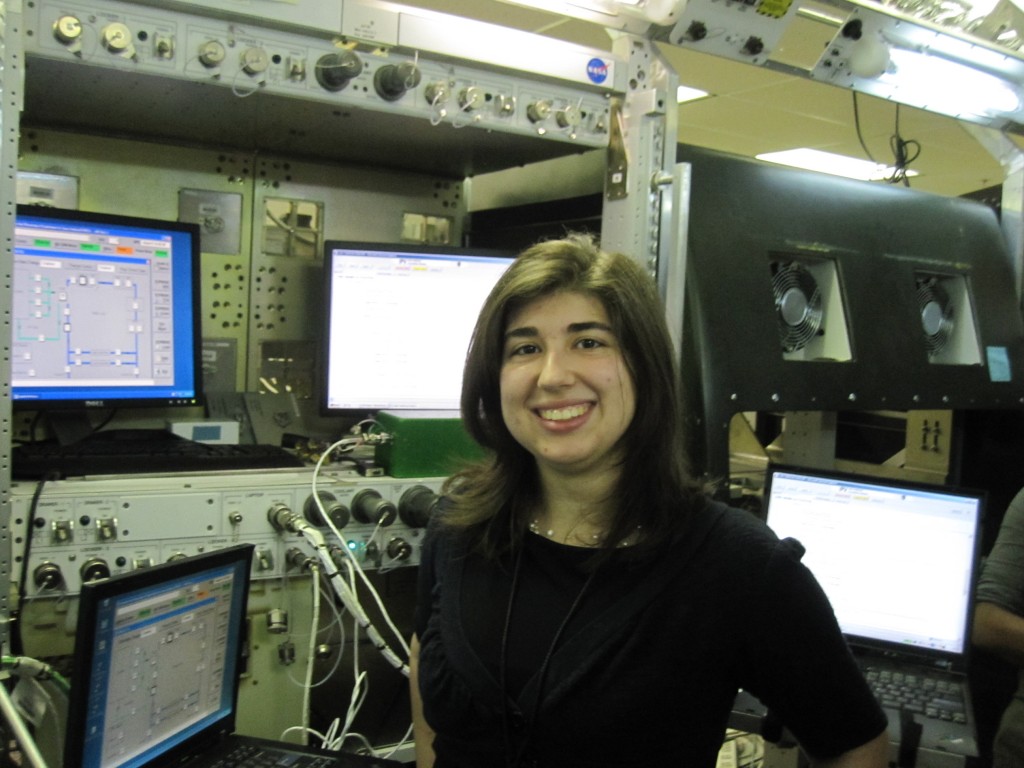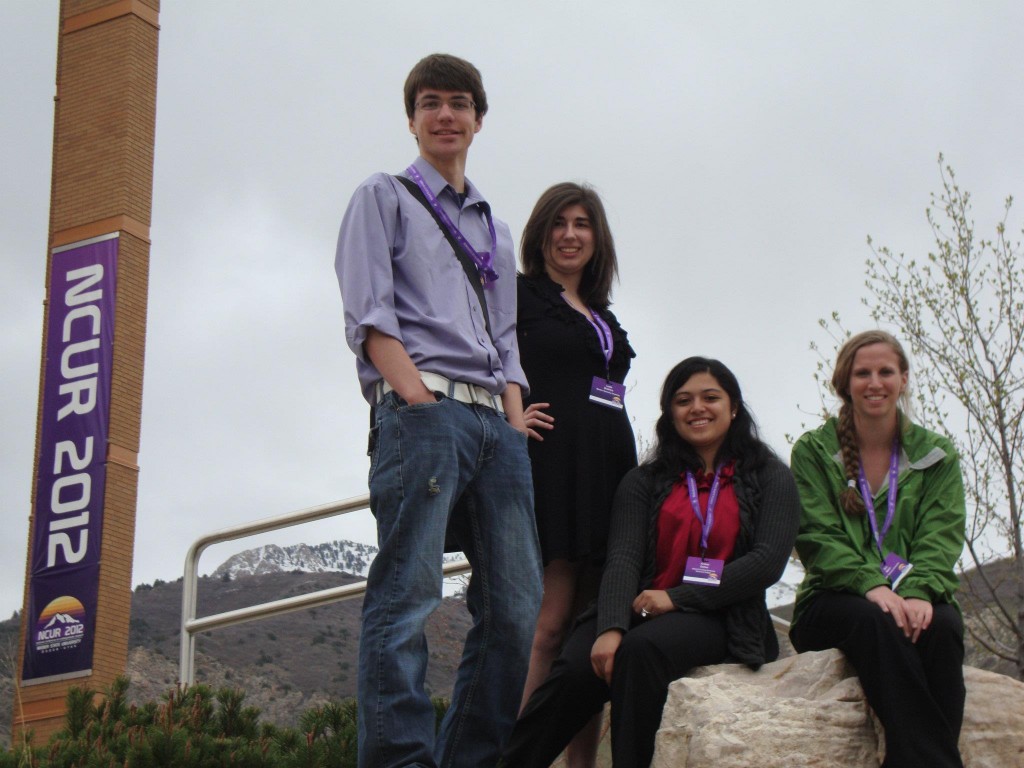Summer 5Q: Emily Gordon creates computational experiments at the WKU Applied Physics Institute
August 1, 2012 | 5Q, Research, Summer, Uncategorized | No Comments
Since 2010, the Gatton Academy has offered students the ability to pursue summer research experiences through the Gatton Research Internships Grants (RIG) program. Made possible through the generous support of Mr. Carol Martin “Bill” Gatton, the program offers competitive grants to Gatton Academy students between their junior and senior years to support summertime research internships across the Commonwealth and the world. By providing a funding mechanism, the program directly creates new avenues for growth and exploration. Throughout the summer, we’re sharing insights from students who are the recipients of our 2012 grants. Today we resume the series and check in with Emily Gordon.
Emily Gordon of Paducah has spent her summer at the Applied Physics Institute located at the Western Kentucky University Center for Research and Development under the mentorship of Dr. Ivan Novikov. Emily’s research is in the preparation and execution of computational simulations using the Monte Carlo approach to study P-violation in neutron scattering.
1. What part of your summer experience are you enjoying most?
What I most enjoy about this summer experience is the chance to dedicate all of my time to research. During the school year, I have to scramble for time to work on my research between classes and homework. The summer allows for complete immersion into a problem, which is very rewarding.
2. Will you use this research experience as a launching point for any particular applications, competitions, or scholarships?
This fall, I will use my research experience to enter the Siemens Competition and Intel Science Talent Search. I will also apply for the SMART Scholarship.
3. What does research mean to you as a young person interested in STEM?
To me, research is a way of making some part of the science world better known. Research is taking mystery out of science and replacing it with wonder and awe.
4. What are you looking forward to the most about your second year at the Academy?
I am most looking forward to ushering in a new group of students to take over the junior class. I can’t wait to see what these new students will add to the Academy culture!
5. What do you love most about the Gatton Academy?
Typical high schools have a very set curriculum that all students must follow. There is a formula for everything from lunch schedules to taking the bus home. Gatton is the opposite: the Academy experience is different for every student, and tailored to their STEM interests.
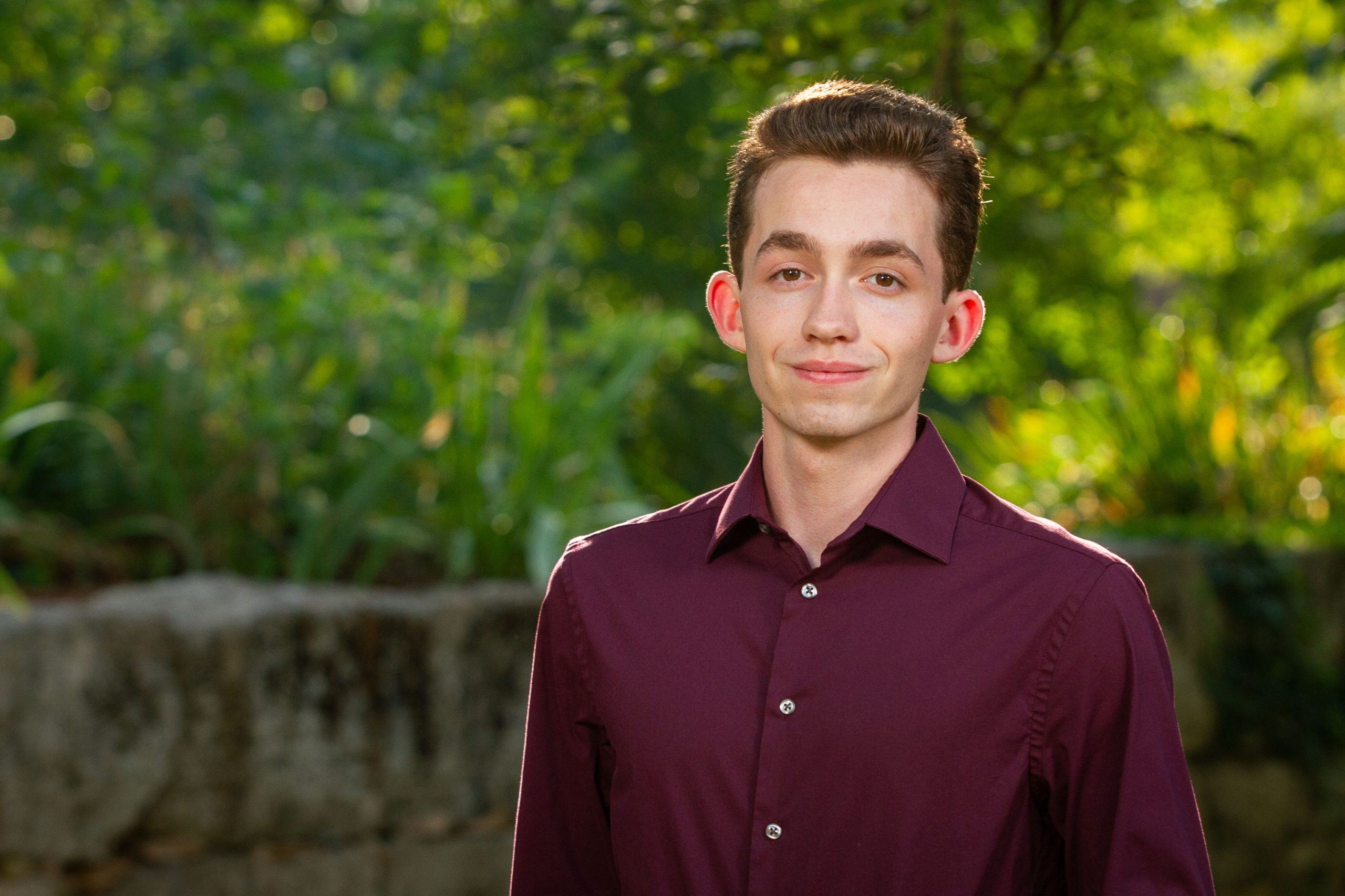
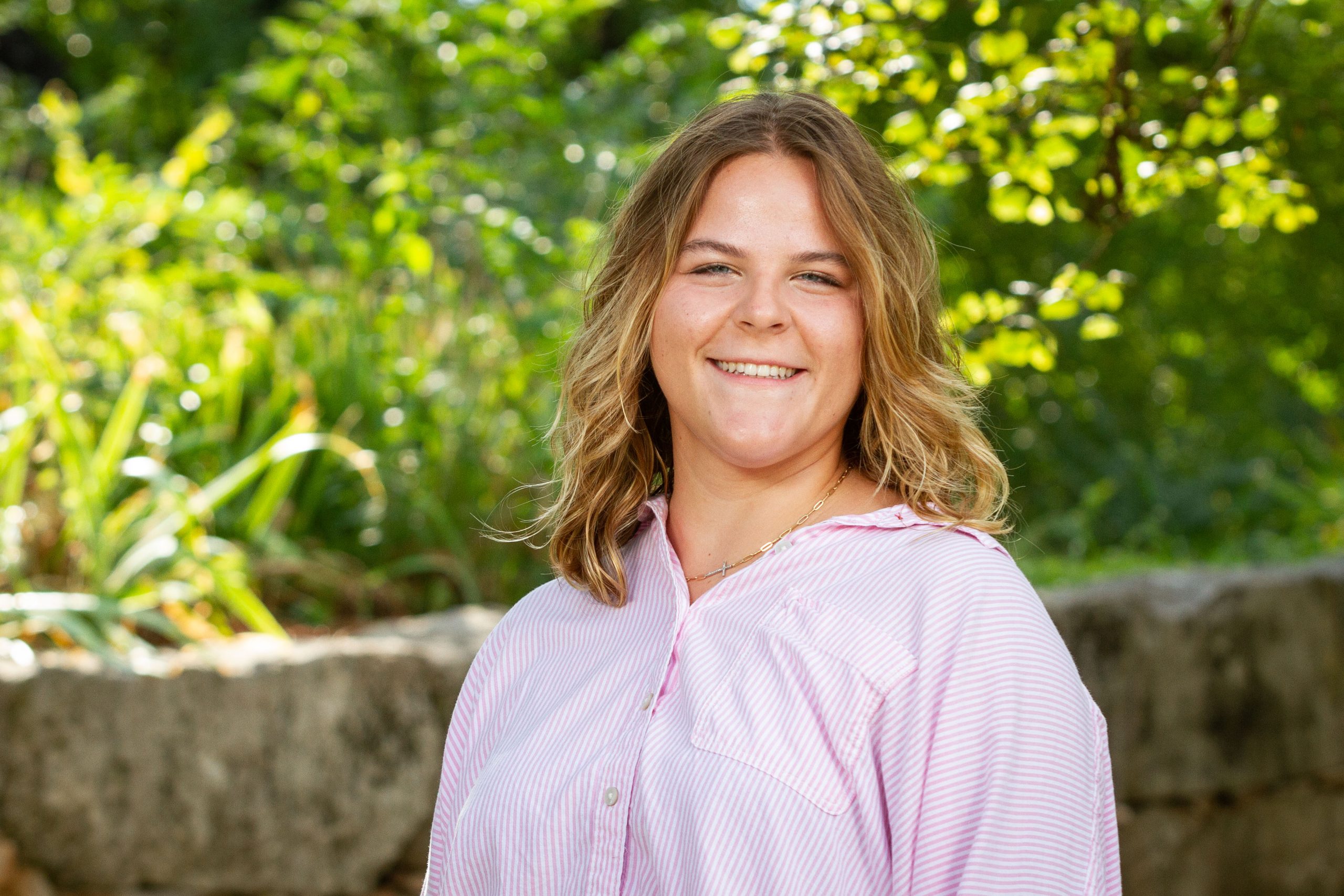

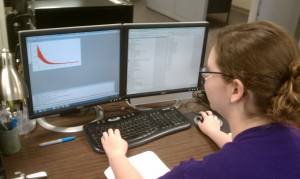
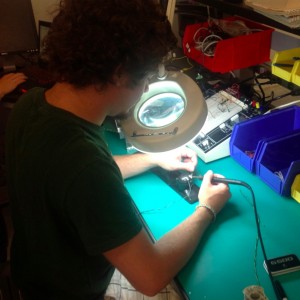
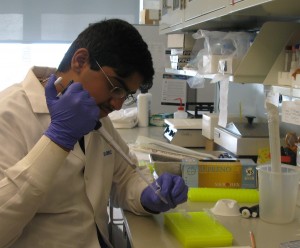
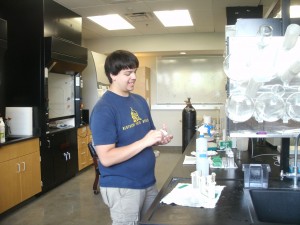
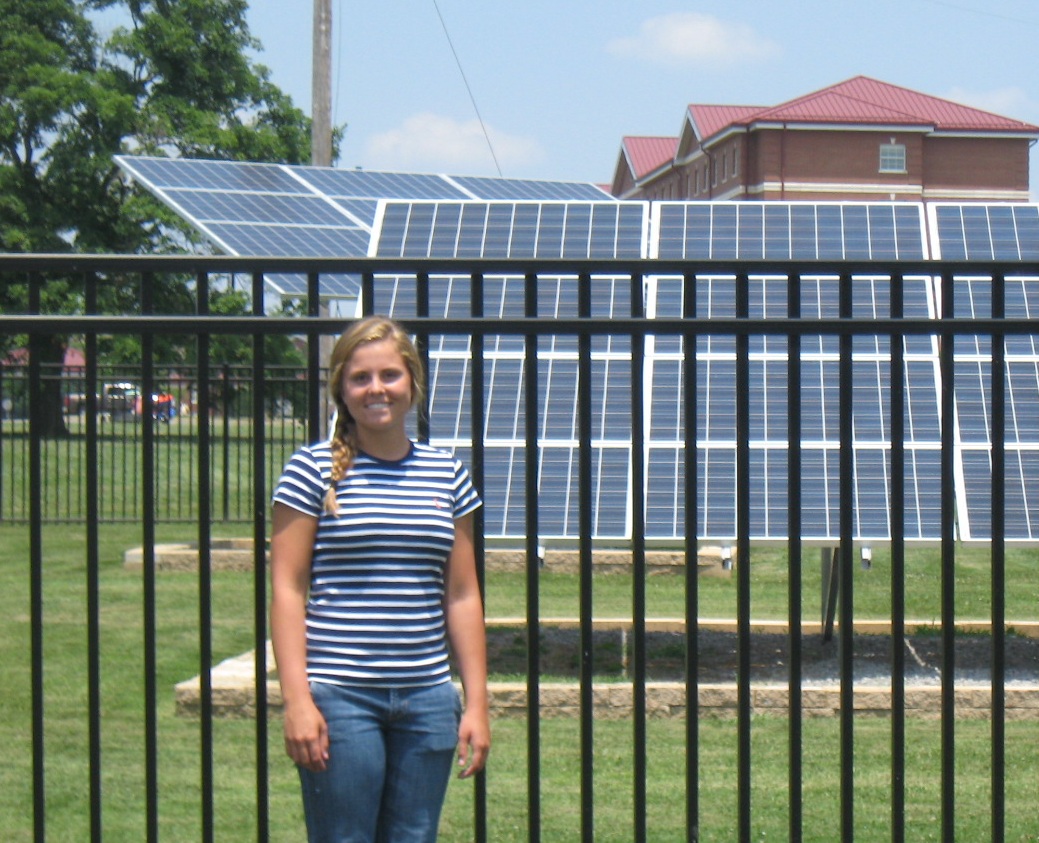
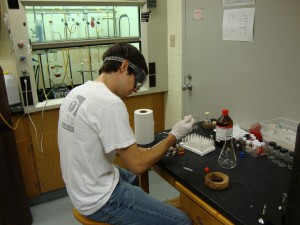 1. What does research mean to you as a young person interested in STEM?
1. What does research mean to you as a young person interested in STEM?